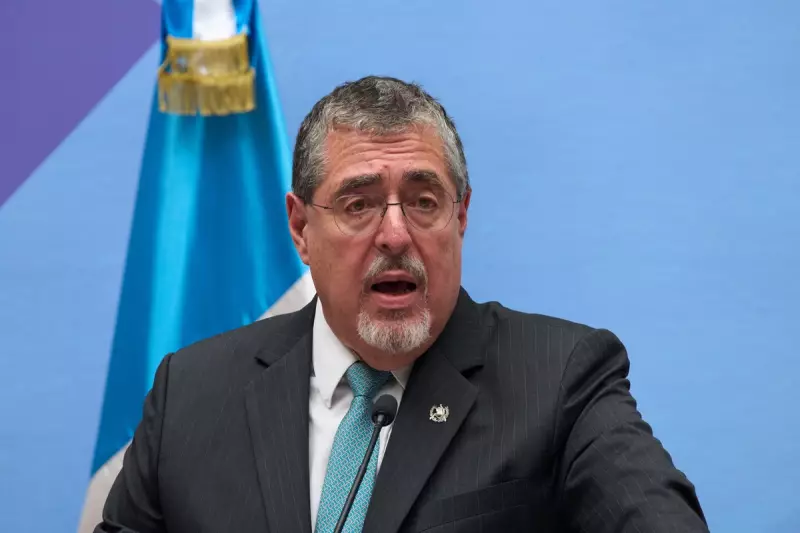
Guatemala has plunged into a state of emergency across multiple northern provinces following a series of brutal killings attributed to the notorious MS-13 gang, raising alarm bells across Central America.
The government declared a 30-day state of siege in five municipalities within the departments of Alta Verapaz and Izabal after gang violence claimed the lives of at least five people, including local community leaders.
Border Regions Under Siege
Security forces have been granted sweeping powers to arrest suspects without warrants and restrict movement in the affected areas, which border Honduras. The emergency measures come as authorities struggle to contain escalating violence from the Mara Salvatrucha criminal organisation.
"This is a necessary response to protect our citizens from these terrorist groups," stated government officials, highlighting the severity of the security crisis.
MS-13's Reign of Terror
The trigger for the emergency declaration was particularly gruesome - the discovery of four men found hacked to death with machetes in the village of San Pedro Carchá. A fifth victim, a local community leader, was shot dead in a separate incident, sending shockwaves through rural communities.
These attacks represent an alarming expansion of MS-13's operations beyond their traditional urban strongholds into Guatemala's countryside, mirroring patterns seen in neighbouring El Salvador.
Regional Gang Crisis Deepens
The violence underscores the persistent power of Central American gangs despite regional efforts to combat them. While El Salvador's President Nayib Bukele has gained international attention for his aggressive anti-gang measures, Guatemala's struggle demonstrates the challenge remains widespread.
Security analysts note that gang-related violence continues to be a major driver of migration from Central America to the United States, maintaining political pressure on the Biden administration to address root causes.
The emergency measures will see increased military patrols and checkpoints in affected areas, though human rights groups have expressed concerns about potential abuses under the expanded powers.





